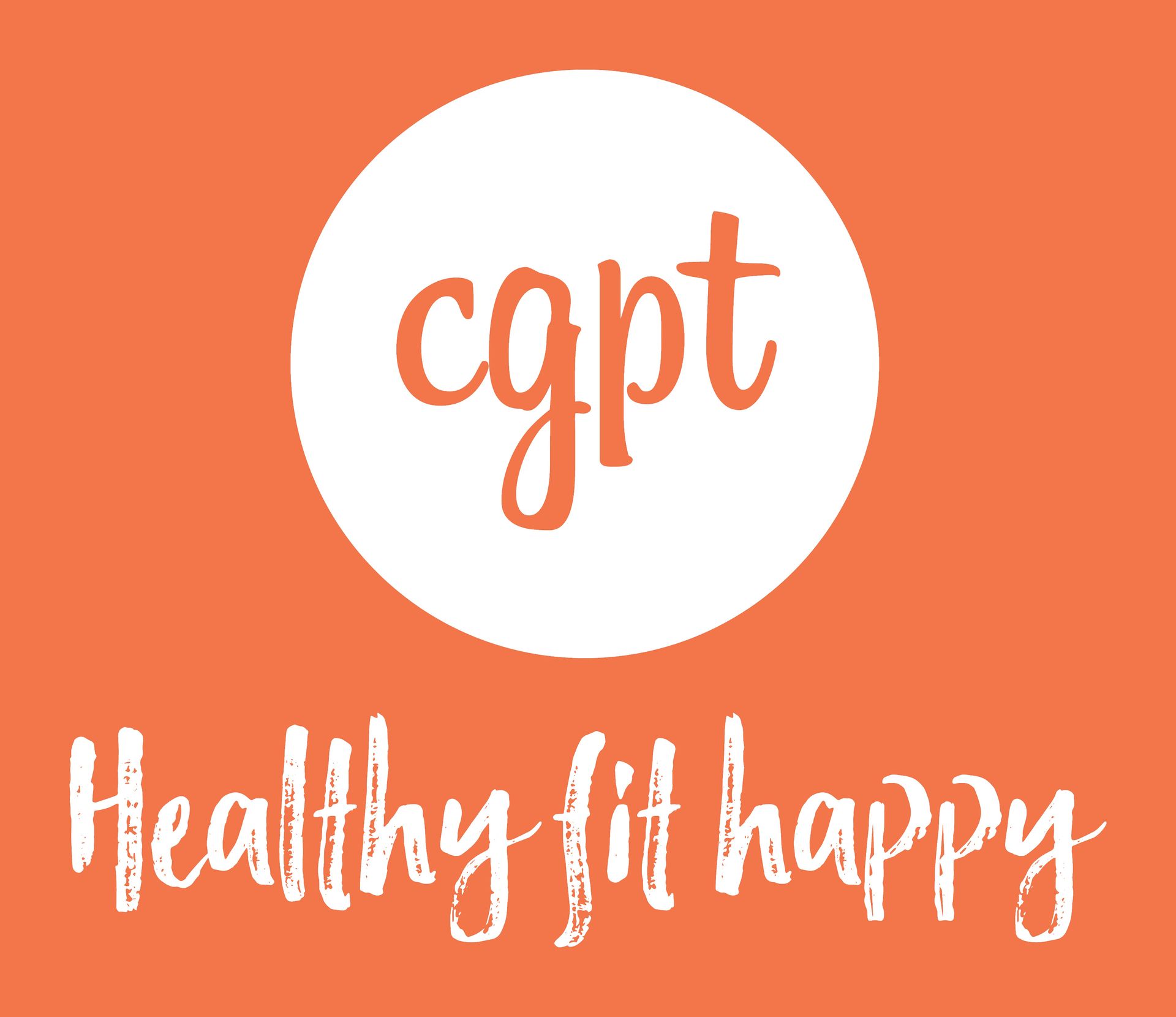Not a “Gym Person”? Why Strength Training Might Be the Thing That Changes Your Mind
Not a “Gym Person”? Why Strength Training Might Be the Thing That Changes Your Mind
If the phrase “I’m not a gym person” has ever crossed your lips, you’re not alone.
Maybe it’s the thought of walking into a loud, crowded gym. Maybe it’s not knowing what to do with the equipment. Maybe it’s the feeling that everyone else already knows what they’re doing and you’re somehow late to the party.
We get it. At CGPT in Hawthorn, we meet people like you every day. People who’ve sworn off gyms, who’ve had a bad experience in the past, or who never imagined they’d enjoy strength training.
But something shifts when they walk through our doors.
And by the time they leave? They’re saying things like:
“I can’t believe I’m saying this but I actually look forward to coming here.”
Let’s talk about what makes that shift happen and why you might not be as far from being a “gym person” as you think.
It’s Not About Loving the Gym. It’s About Loving How You Feel After.
You don’t have to love kettlebells, barbells, or dumbbells. But what if you started loving what they do for you?
Strength training is about so much more than lifting weights. It’s about improving your posture, increasing your energy, boosting your confidence, and feeling strong and steady in your body. It’s about noticing that the stairs aren’t so hard anymore, that you’re sleeping better, that your anxiety feels more manageable.
And you don’t have to do it in a loud, crowded gym. In fact, at CGPT, it’s the exact opposite.
The Anti-Gym Gym: What Makes CGPT Different
If you’ve felt intimidated, awkward, or out of place in a gym before, we’re here to rewrite that story.
A Private, Welcoming Space in the Heart of Hawthorn
We’re not a commercial gym. No packed treadmills. No blaring music. CGPT is a private, personalised personal training studio where everyone is working one-on-one with a trainer, at their own pace, on a plan tailored specifically to them.
No Judgment, No Comparison
You won’t be surrounded by “fitness influencers” or groups of people trying to outdo each other. It’s just you and your trainer - focused on progress, not perfection.
Our Trainers Are Here for You
Every trainer at CGPT is handpicked for their ability to meet people where they’re at - physically and emotionally. Whether you’re walking in with zero gym experience or coming back after a long break, our team knows exactly how to make you feel comfortable, capable, and supported.
Real Clients, Real Stories: From Sceptics to Regulars
“I hadn’t stepped inside a gym in 20 years. I felt like I was too old and too far gone. But Andrea just smiled and said, ‘Let’s start with where you’re at.’ That was three years ago. Now I train twice a week and feel stronger than I did in my thirties.” – Sarah, 52
“The big gyms always felt like they weren’t made for people like me. I didn’t want to lose weight, I just wanted to feel good in my body again. James made that the focus from day one.” – Rohan, 39
“I used to think weights were only for athletes or bodybuilders. Laurence showed me how to lift for mobility, strength, and longevity. Now I can carry my grandkids without pain.” – Diane, 67
Why Strength Training is the Perfect Starting Point
Unlike high-impact group fitness classes or endless cardio sessions, strength training is adaptable. You don’t have to be fit to start - you start to get fit. You don’t need to push to exhaustion. In fact, the goal is often the opposite.
With the right guidance, you can:
· Build muscle without bulk
· Improve bone density and balance
· Reduce stress and anxiety
· Feel more in control of your health
And the best part? It’s not about doing it hard. It’s about doing it right - with a trainer who understands your body, your mindset, and your goals.
Meet the Team Who’ll Change the Way You See the Gym
At CGPT, our trainers aren’t just skilled - they’re supportive, down-to-earth, and focused on helping you feel seen and heard. Here’s a glimpse at just a few of the faces behind the change:
· Andrea, our owner and lead trainer, has a gift for helping clients reconnect with their strength - mentally and physically.
· Tim brings quiet confidence and structure to each session, making it easy to feel at ease.
· Sophie creates patient, progress-driven programs that focus on movement, not punishment.
· Laurence combines physiotherapy insights with a clear, technical approach - perfect for injury rehab or anyone needing extra support.
· James is all about making fitness fun again - especially if you've been avoiding it for years.
· Mia brings boxing, basketball, and energy into the mix for clients who want to move and feel empowered.
· Jon and Adam both focus on clear communication and steady, realistic progress - ideal for beginners who need structure and guidance without any of the overwhelm.
Explore all their bios here.
Ready to Try - Just Once?
You don’t have to sign up on the spot. Come in for an initial consultation and a movement screen, and we’ll go from there.
It’s a chance to get a feel for the space, meet your trainer, and see just how different strength training can be when it’s personalised, supportive, and designed for you.
We’ll guide you through:
· An initial chat about your goals (no jargon, no judgment)
· A simple movement assessment
· A strength session tailored to your current fitness and comfort level
· Clear next steps - if you want them
Final Thoughts: Maybe You’re More of a Gym Person Than You Think
Here’s the truth: You don’t need to love the gym. You just need to love how you feel when you leave.
Strength training isn’t about becoming someone else. It’s about becoming more you - fitter, stronger, more resilient, more confident.
So if you’ve always said, “I’m not a gym person”... maybe it’s just because you haven’t found the right kind of gym yet.
Want to dip your toe in?
Reach out for a no-pressure intro session and see for yourself how personal, supportive, and effective strength training can be.
We’re proudly based in Hawthorn, serving locals from Auburn Village to the Booroondara Farmers’ Market and beyond.
Check out our website www.chrisgympt.com or contact Andrea directly at andrea@chrisgympt.com to get started.




